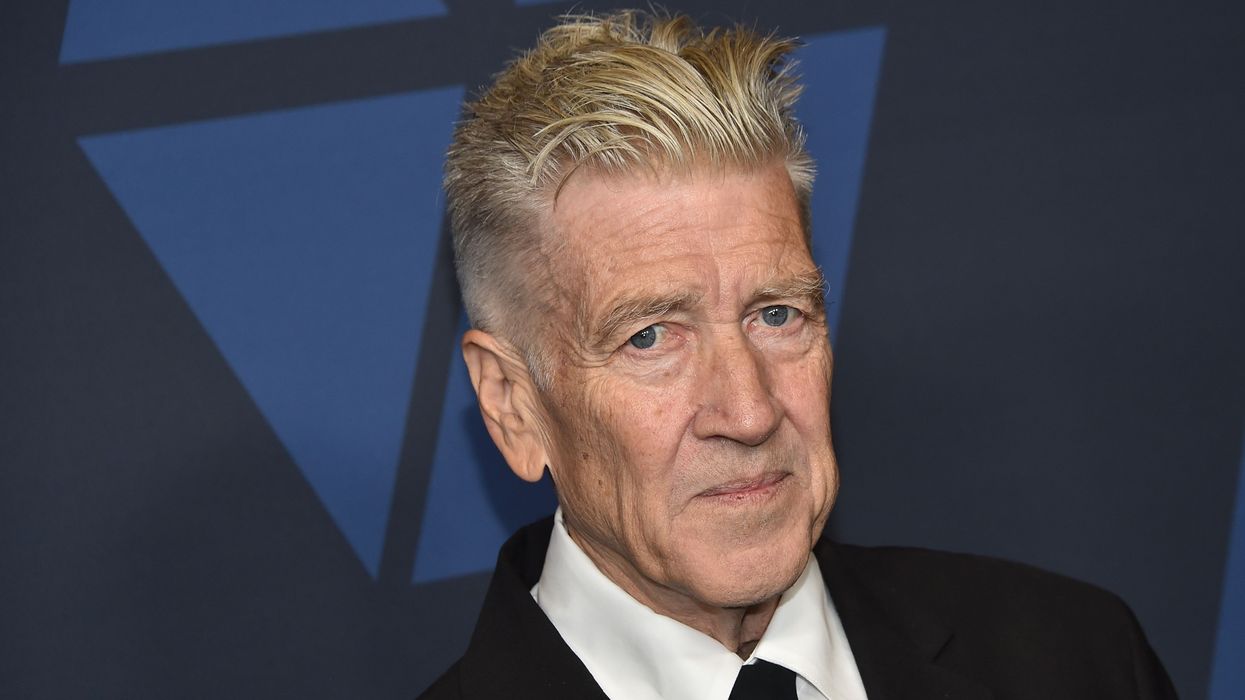DAVID LYNCH, the director known for films like Mulholland Drive and the TV series Twin Peaks, has died at 78.
A statement on Lynch’s official Facebook page read, "It is with deep regret that we, his family, announce the passing of the man and the artist, David Lynch."
The cause and location of his death were not disclosed. Lynch, who lived in Los Angeles, had been suffering from emphysema after years of heavy smoking.
Lynch gained recognition with his 1977 horror film Eraserhead and later received critical acclaim for Blue Velvet (1986) and Mulholland Drive (2001).
His 1990s TV series Twin Peaks became a cultural phenomenon and is regarded as a precursor to modern prestige television.
Throughout his career, Lynch received four Academy Award nominations, including three for Best Director. In 2019, he was awarded an honorary Oscar.
Tributes from the film industry
Tributes from filmmakers and actors followed news of Lynch’s death. Steven Spielberg called him "a singular, visionary dreamer who directed films that felt handmade."
Francis Ford Coppola said he was "astounded and heartbroken" by Lynch's passing. Director Ron Howard described him as "a gracious man and fearless artist" who showed that "radical experimentation could yield unforgettable cinema."
Kyle MacLachlan, known for his roles in Twin Peaks and other Lynch films, wrote on Instagram, "I owe my entire career, and life really, to his vision." He described Lynch as "an enigmatic and intuitive man with a creative ocean bursting forth inside of him."
Lynch's early life and career
Born in Montana in 1946, Lynch grew up travelling around Middle America. He studied fine arts in Boston and Philadelphia before joining the American Film Institute, where he began work on Eraserhead.
His 1980 film The Elephant Man, based on the life of Joseph Merrick, earned him his first Best Director Oscar nomination. The film starred Anthony Hopkins and John Hurt.
Lynch’s 1984 adaptation of Dune was less successful but still gained a following. He returned to arthouse filmmaking with Blue Velvet, earning another Oscar nomination.
The film starred Isabella Rossellini and explored the dark side of small-town America.
In 1990, Lynch won the Palme d'Or at Cannes for Wild at Heart and soon after created Twin Peaks, which became a major television hit. '
However, ratings declined in its second season, leading to its cancellation. A 1992 prequel film was initially criticised but later gained cult status.
Later work and legacy
Lynch earned his third Best Director Oscar nomination for Mulholland Drive in 2001. His last feature film was Inland Empire (2006). In 2017, he revisited Twin Peaks with a sequel series on Showtime.
He continued creating short films, music, and paintings, and regularly practised transcendental meditation. Lynch also posted weather updates on YouTube, showing a lighter side of his personality.
His family said, "There's a big hole in the world now that he's no longer with us. But, as he would say, 'Keep your eye on the donut and not on the hole.'"
(With inputs from AFP)




